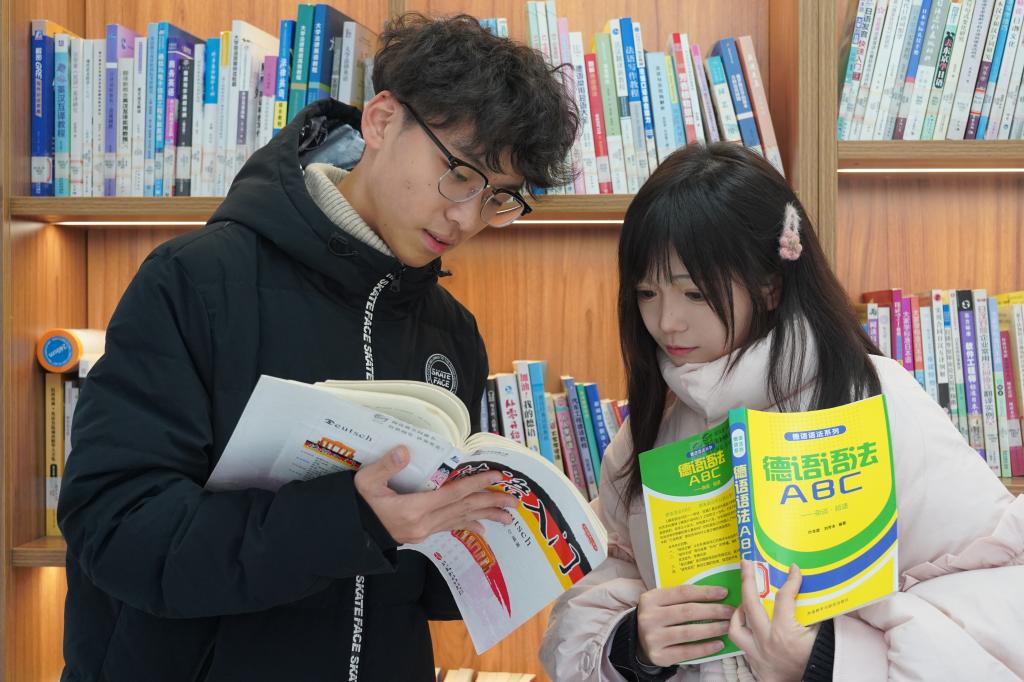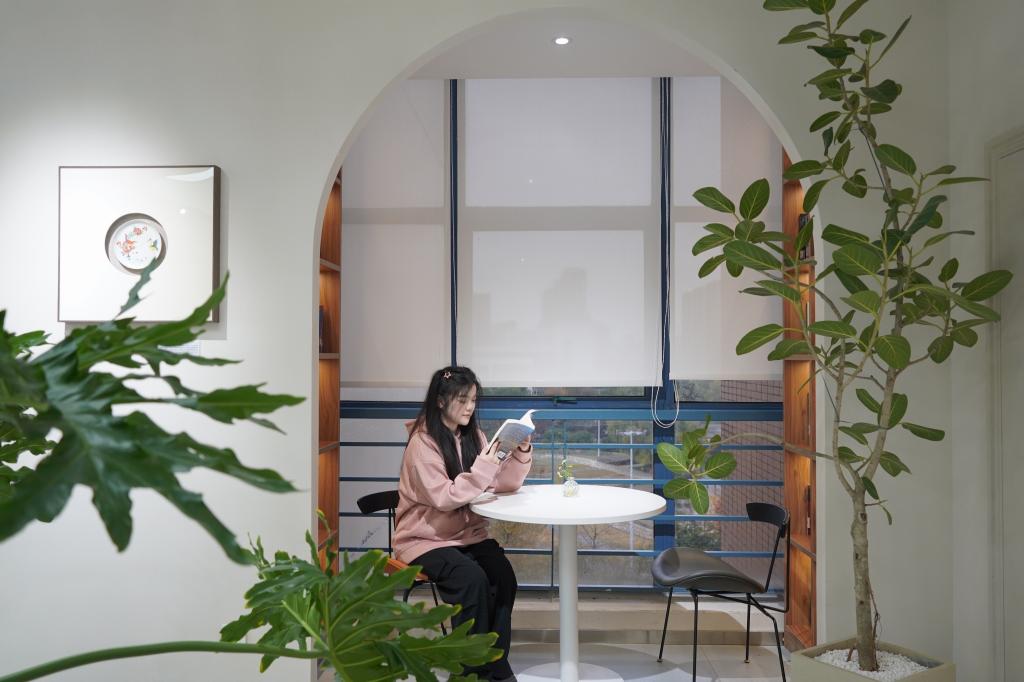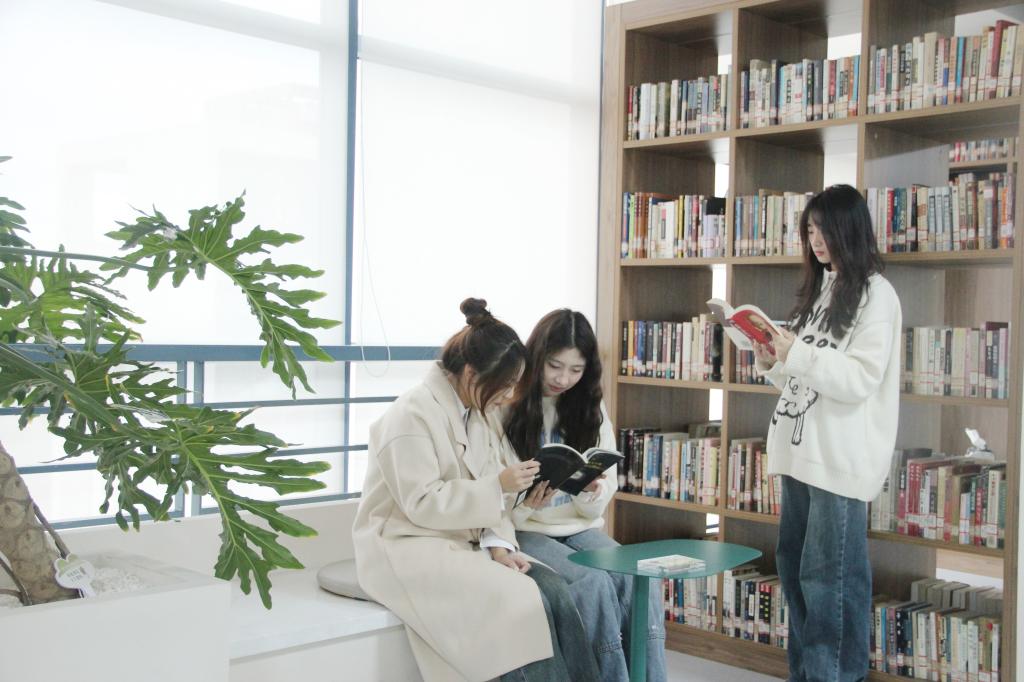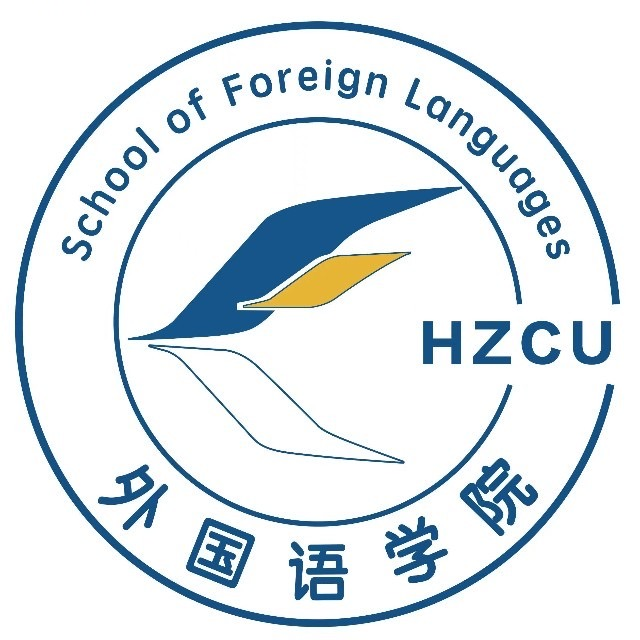
School of Foreign Languages (SFL), Hangzhou City University (HZCU), was established in September 2003, originally known as the Department of Foreign Languages when Zhejiang University City College was established in 1999. The School currently has an undergraduate enrollment of approximately 800 students. Since 2004, it has started to collaborate with Zhejiang University to enroll postgraduate students. The current Dean is Professor Ma Bosen, also a doctoral supervisor at Zhejiang University.
Supported by both Hangzhou, one of the most famous cities in China, and Zhejiang University, one of the top universities in China, the School is committed to cultivating high-level applied foreign language talents with patriotism, a global vision, a good command of international rules, professional knowledge, and high proficiency in the use of foreign languages for intercultural communication. The School strives to become a high-level applied foreign language college in Zhejiang Province.
Faculty
In recent years, the School has actively promoted the development of disciplines and specialties, and attached great importance to the construction of the faculty team. It has attracted several well-known scholars to serve as academic leaders and recruited several outstanding doctors and senior talents from prestigious domestic and international universities. Nearly 80% of the full-time faculty have experience in overseas research, study, and work. The School also boasts a team of high-level foreign teachers from the United States, Japan, and Germany. The School has a large number of teaching experts and researchers, many of whom have been granted various distinguished titles, including Qianjiang Distinguished Experts in Hangzhou, West Lake Scholars in Hangzhou, the Hangzhou “131” Middle-aged and Young Talent Development Program, Hangzhou Outstanding Teachers, and HZCU Qiantang Scholars, etc.
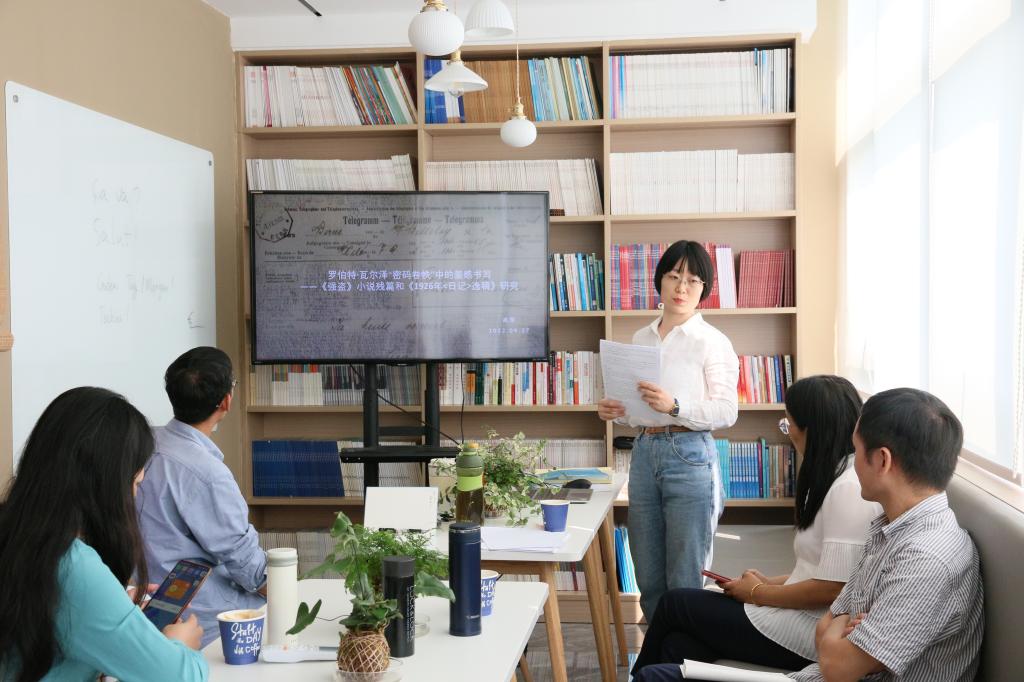
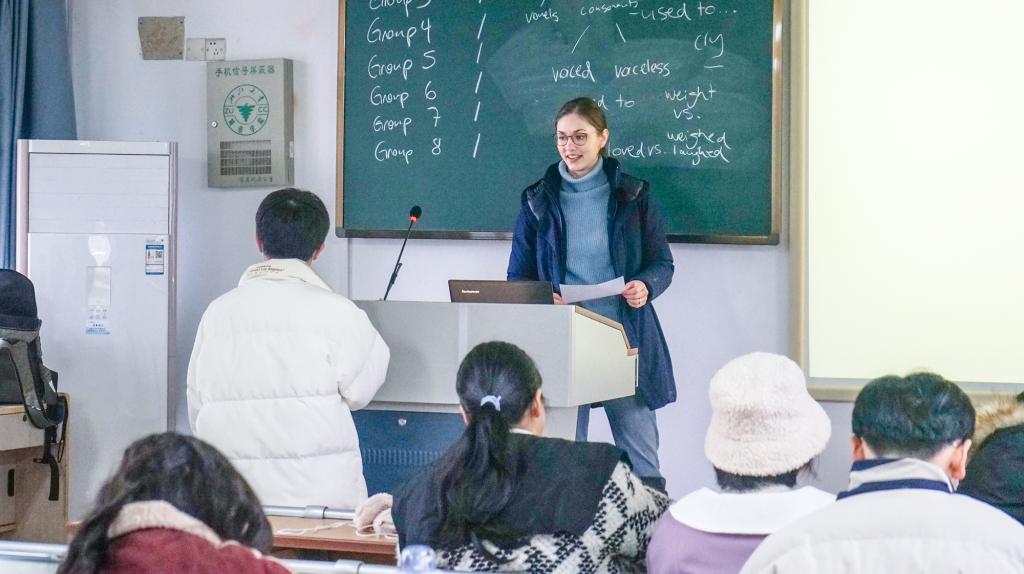
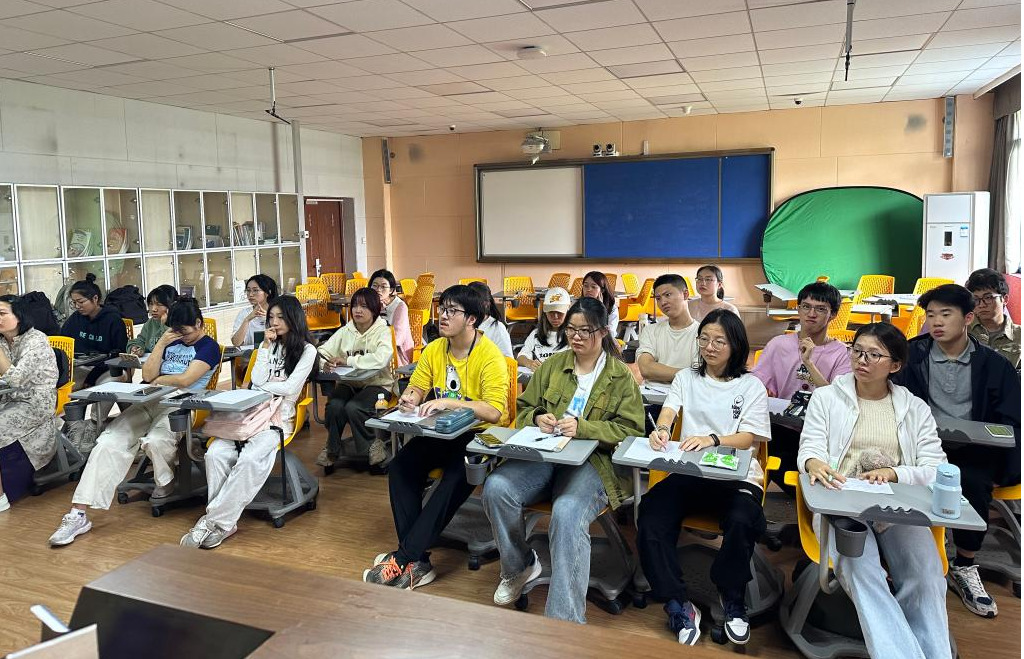
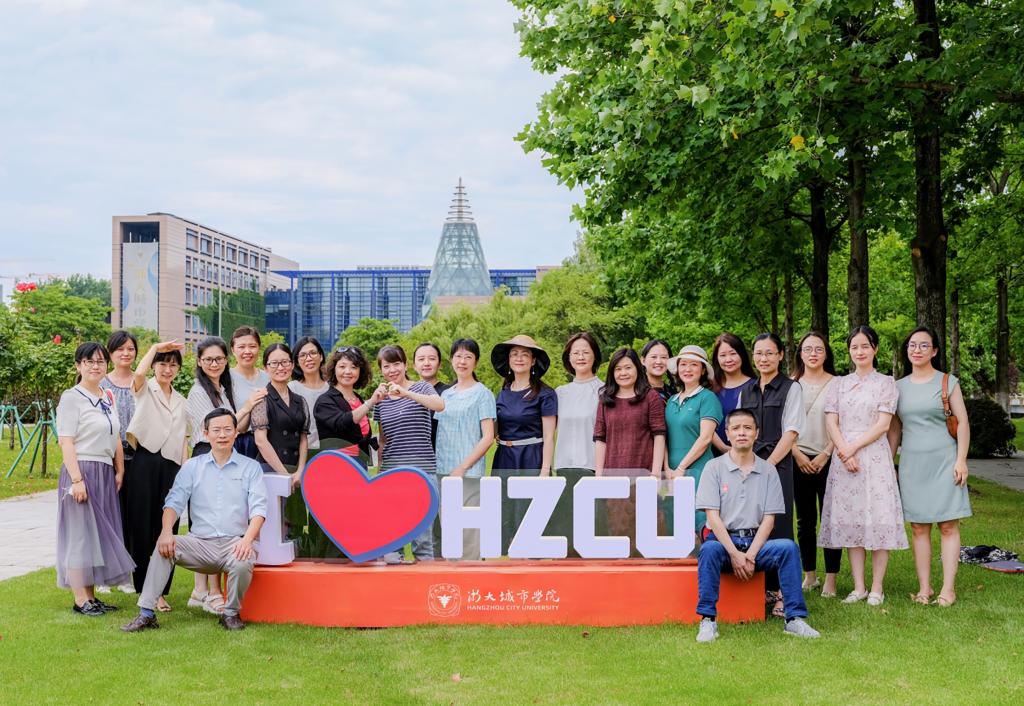
Discipline Construction
Based on the two disciplinary groups of “Translation and Linguistics” and “Intercultural Studies and Foreign Literature”, the School has established the following four major research platforms: Translation and International Cultural Communication, Linguistic Cognition and Intelligence, Intercultural Studies and Studies on Regions and Countries, and Interdisciplinary Studies of Literature. There are five research teams as follows: Public Signs Research Team, Translation and Cultural Communication Research Team, Foreign Language Education Research Team, Research Team on Linguistics and Cognition, and Research Team on Interdisciplinary Studies of Literature. With distinct features in discipline construction, the School endeavors to set up a master’s degree program in translation and interpreting.
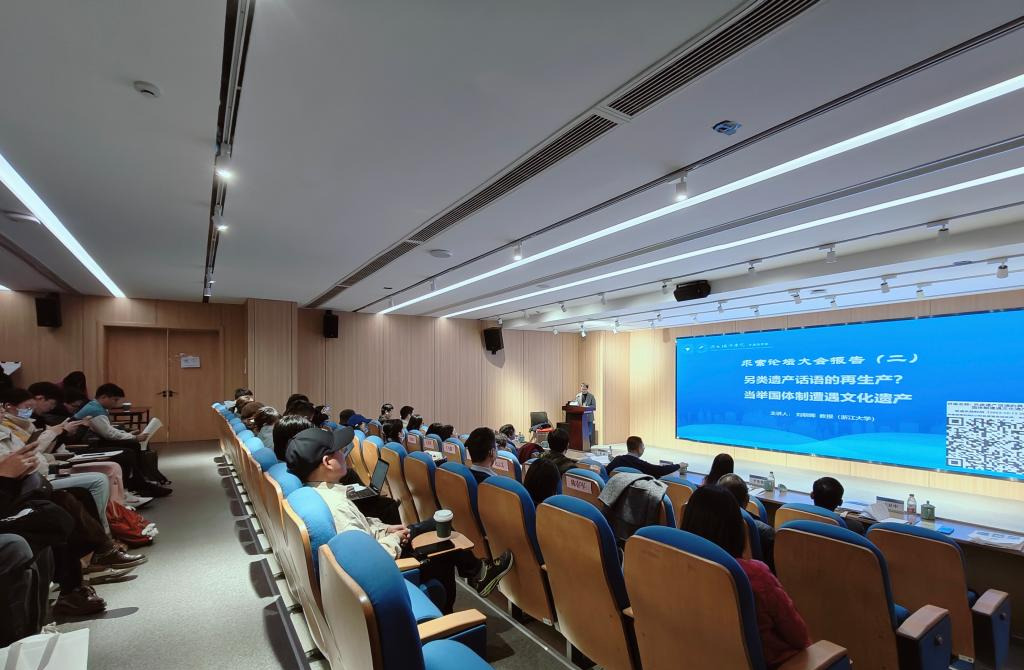
Talent Cultivation
The School consists of three Departments of English, Japanese, and German, and it is composed of the following four undergraduate programs: English, Business English, Japanese, and German. The goal of talent cultivation has shifted from pure foreign languages to foreign languages plus other disciplines. The philosophy of talent cultivation has transformed from traditional liberal arts to new liberal arts. The direction of talent cultivation has changed from serving the development of disciplines to serving national and local development.
In addition, the School is home to the Public Foreign Language Education Center, which boasts a large number of College English teachers who have worked at the forefront of public English teaching for non-English majors of the university. Through the construction of the “Multilingual Center” and the implementation of the “Leading Project of First-class Courses” and the “Driving Project of Multifunctional Practice Platforms,” the center gives full play to the empowering role of foreign languages in enhancing the foreign language proficiency, multilingual abilities, and global competitiveness of the university’s high-quality non-foreign language majors.
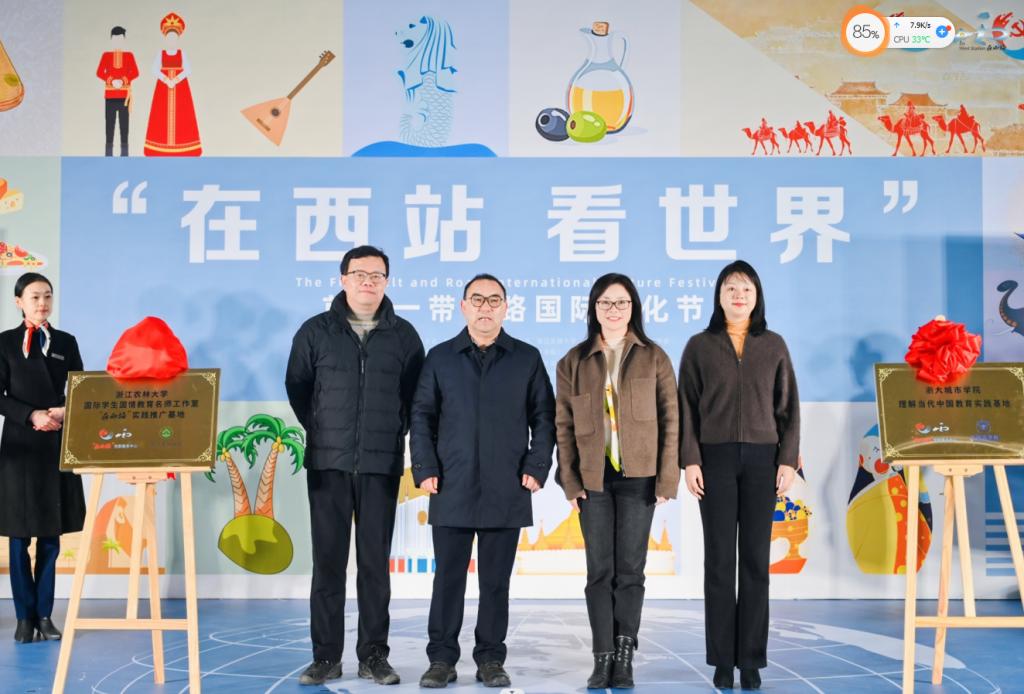
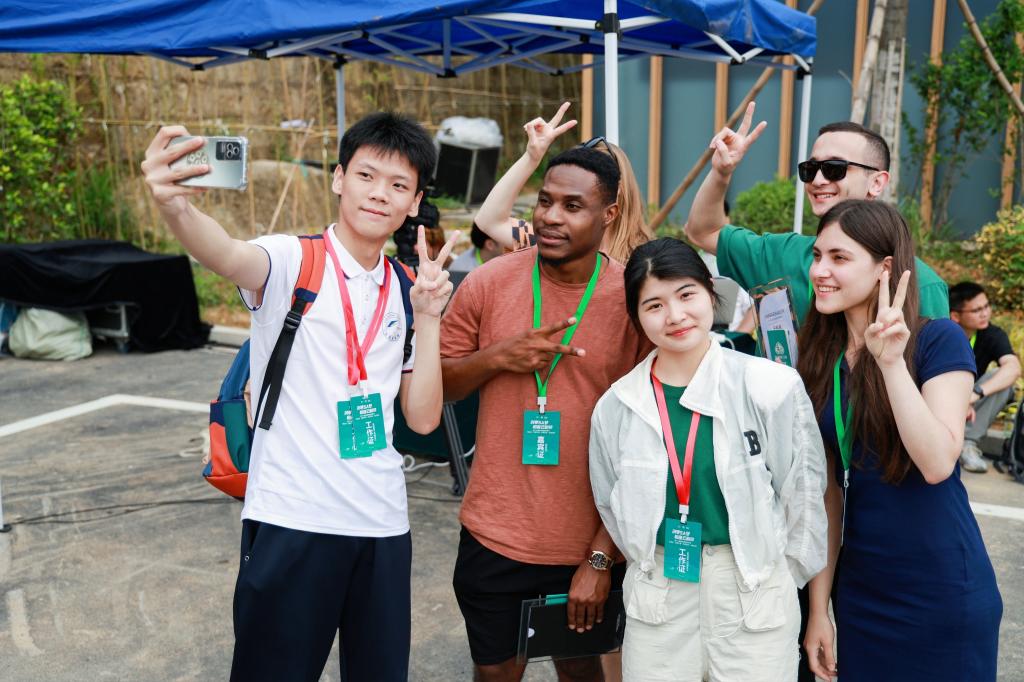

Educational Features
The School enjoys extensive exchanges and collaborations with renowned universities in the United States, the United Kingdom, Germany, Australia, Japan, and Singapore. It benefits from the exchange programs funded by the EU Erasmus Fund, providing students with multiple platforms to broaden their international horizons. In the past three years, the average rate of further study as postgraduates, both domestically and abroad, has been nearly 30%, with some outstanding students pursuing master’s or doctoral degrees at top universities such as Stanford University, University of Oxford, University of Cambridge, University of California, Berkeley, University of Edinburgh, University College London, and Duke University.
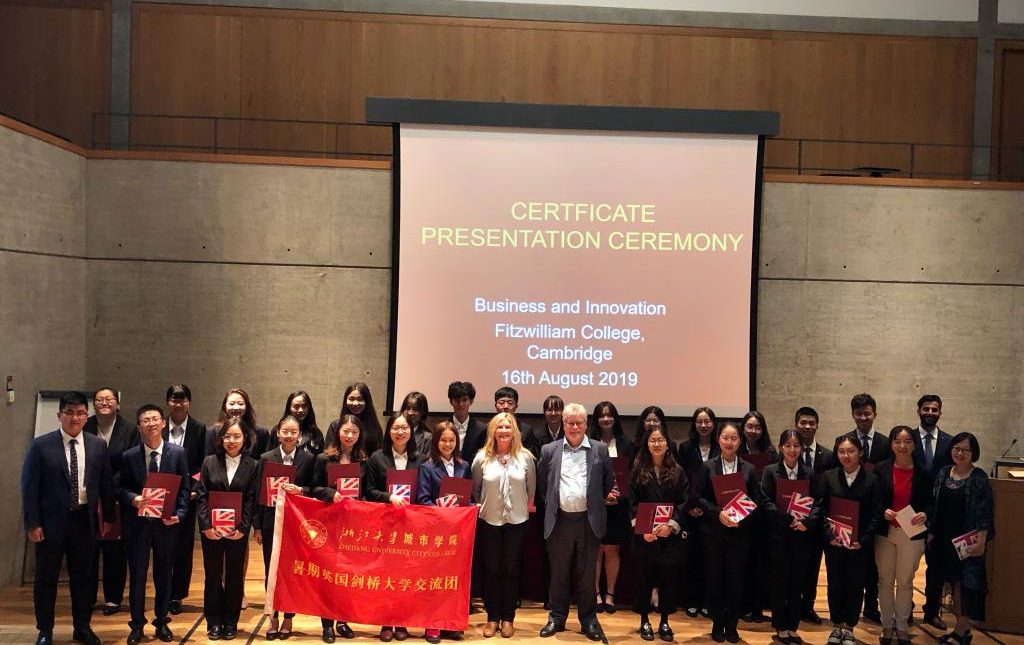
Facilities
The Experimental Teaching Center of the School includes the five multilingual intelligence laboratories (the MTI Laboratory, the Japanese Language Innovation Practice Base, the Simultaneous Interpretation Laboratory, the Cross-Border Business Innovation Laboratory and the Debate and Oratory Center) as well as seven intelligent speech laboratories, and an English FM radio station, catering to both daily instructional needs and the growing demand for digitized and intelligent teaching practices.
In addition to its on-campus resources, the School also features nearly 30 off-campus bases designed to enhance the student's professional skills and general education. Those practical teaching bases offer authentic experiences that complement the academic curriculum.
Moreover, the School offers ubiquitous learning spaces, shared office spaces, areas for teacher-student communication, and a variety of scattered, reading-friendly micro-communities to provide a supportive learning and working environment for both students and faculty.
